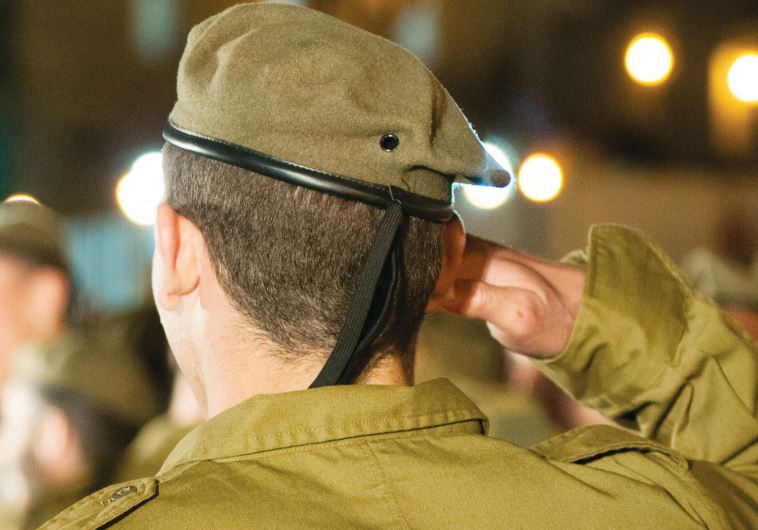Are lone soldiers being discriminated against in the IDF Paratrooper Brigade?
In a letter to the writer, parents of lone soldiers question the arbitrary decisions of some commanders in the IDF Paratrooper Brigade.
 A SWEARING-in ceremony for new recruits of the Paratroopers Brigade(photo credit: IDF SPOKESMAN’S UNIT)
A SWEARING-in ceremony for new recruits of the Paratroopers Brigade(photo credit: IDF SPOKESMAN’S UNIT)